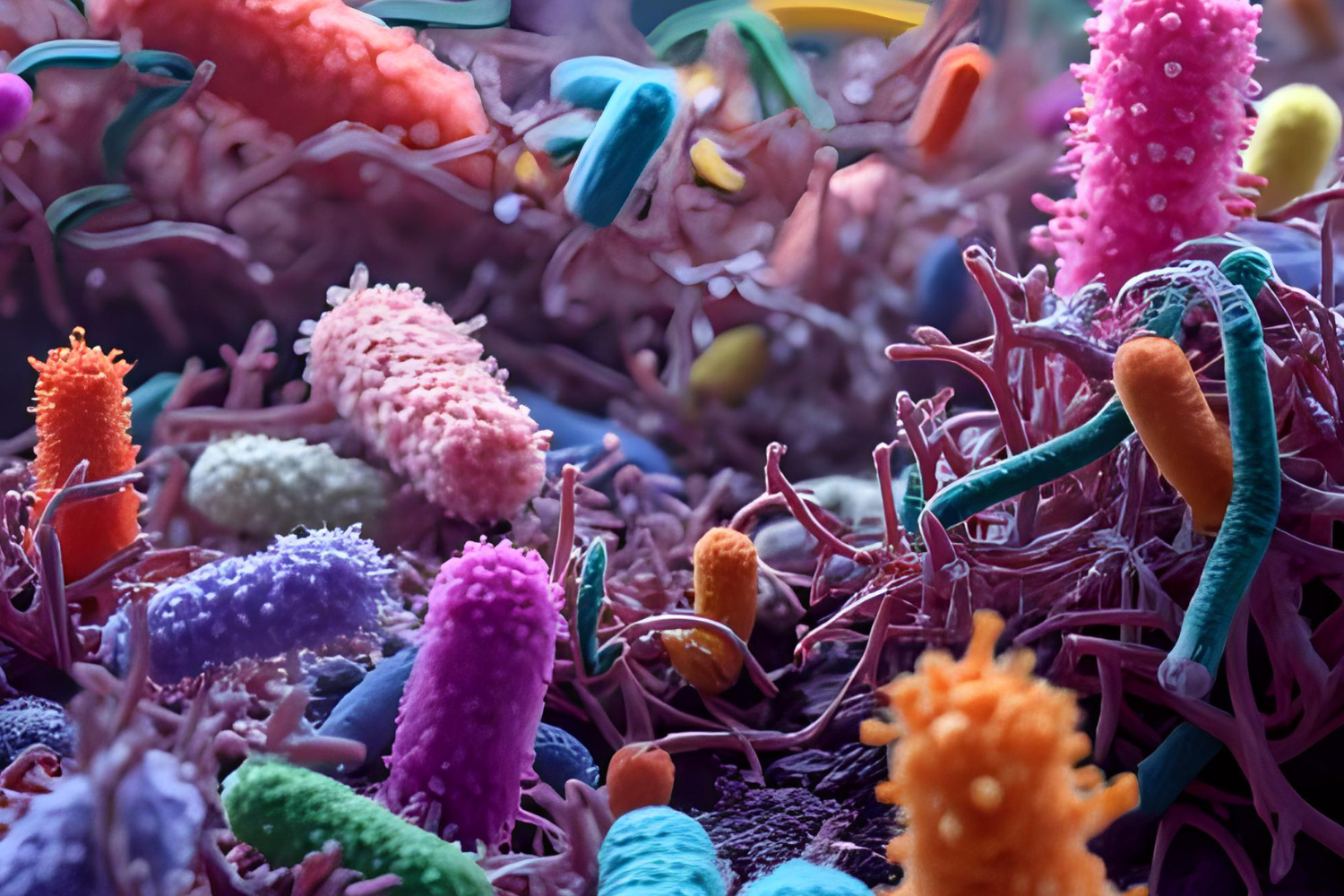How Microbiome Health Affects Longevity
Aging well is something most of us want, but we rarely think about how much of that depends on our gut. It’s easy to focus on what’s on the outside, such as skin, weight, and energy, but real longevity starts from within. Like, way deeper.
Inside your belly. Right there, in the microscopic world of your gut microbiome, a big part of how you age is quietly unfolding.
So let’s talk about it. This isn’t a lecture. It’s a conversation about what’s living inside you, how it’s shaping your health, and how you can help it help you stick around longer and feel good doing it.
What Is the Gut Microbiome?
Your gut microbiome is a vast ecosystem of bacteria, fungi, viruses, and other microorganisms that primarily reside in your large intestine. And yes, that sounds like something you’d want to get rid of, but trust me, these little guys are not the enemy.
They help digest your food, absorb nutrients, make vitamins, and fight off harmful bacteria. They even talk to your brain. Seriously. Your gut sends messages to your brain through something called the gut-brain axis, which is a real thing, not science fiction.
Now, imagine what happens when this balance gets thrown off. Think: sluggish digestion, weakened immune system, even mood swings. It’s all connected.
The Link Between Gut Health and Aging
As we age, our gut changes. The diversity of bacteria decreases, and the balance between beneficial and harmful bacteria can shift, often not in our favor. This change affects everything from digestion to brain function.
Here’s the catch: a poor gut can increase inflammation throughout your body. Chronic inflammation is like background noise that accelerates aging, from your skin to your heart, and even affects your memory.
- Aging guts tend to have fewer helpful bacteria.
- Harmful bacteria can increase as immune function drops.
- This imbalance is linked to faster cognitive decline and a higher risk of disease.
Scientists studying gut health and aging have found that people with more diverse gut bacteria tend to live longer and healthier lives. Not just long lives, but good ones. Less frailty. Better memory. More energy. There’s even early evidence showing that certain bacteria can help delay the onset of age-related diseases.
How Gut Bacteria Affect Aging
Now, let’s zoom in on the bacteria themselves. These tiny organisms do more than just break down food. They’re like managers of your body’s aging process.
Here’s how they do it:
- They regulate inflammation. Good gut bacteria help produce short-chain fatty acids like butyrate, which keep inflammation in check. Less inflammation equal slower aging.
- They boost immunity. Your gut plays a huge role in how well your immune system responds. A strong immune system helps keep infections and age-related diseases away.
- They support metabolism. A healthy microbiome helps regulate blood sugar and cholesterol levels, thereby reducing the risk of heart disease and diabetes.
- They influence mood and brain function. That gut-brain connection we talked about? It affects everything from depression to memory loss.
When we talk about microbiome and longevity, this is what we mean. Your gut is driving the bus. Feed it junk, and it starts to break down. Nourish it well, and it supports you right back.

Signs of an Unhealthy Gut
Most people ignore their gut until it starts shouting. Don’t wait for that.
Here are a few common signs your gut might be struggling:
- Constant bloating or gas
- Food sensitivities that weren’t there before
- Skin flare-ups or acne
- Trouble sleeping
- Brain fog or low energy
- Frequent colds or infections
These aren’t random. They’re your gut waving a red flag.
Best Longevity Foods to Support Gut Health
Food is the first, easiest, and most powerful way to help your gut. Some foods practically act like fertilizer for good bacteria, feeding them, helping them grow, and pushing out the bad guys.
Here’s a table of foods that do just that:
Food Type | Examples | Gut Benefits |
Fermented Foods | Yoghurt, kefir, kimchi, miso | Add live bacteria to your gut |
High-Fiber Foods | Oats, lentils, flaxseeds | Feed good bacteria (prebiotics) |
Polyphenol-Rich | Berries, olive oil, green tea | Reduce inflammation, boost diversity |
Leafy Greens | Spinach, kale, arugula | Promote microbial balance |
These are what we call best longevity foods, not because they make you live forever, but because they give your body what it needs to age with strength and clarity.
How to Improve Gut Health Naturally
Improving your gut health isn’t complicated. But it does take consistency.
Here’s what helps:
- Eat a diverse diet. Different bacteria feed on various foods. Variety equals diversity.
- Get moving. Exercise increases good bacteria, even low-impact activities like walking.
- Stay hydrated. Water helps keep digestion moving and supports the lining of your gut.
- Manage stress. Stress changes your gut bacteria fast. Yoga, journaling, deep breathing, whatever works for you, use it.
- Sleep well. Your gut bacteria follow a rhyth,m too. Late nights and irregular sleep mess with them.
- Reduce your consumption of antibiotics and processed foods. These wipe out good bacteria and fuel the bad ones.
Most of all, take it one step at a time. If you’re not eating veggies now, don’t try to become a kale smoothie hero overnight. Add one new habit a week. Let it stick.

Lifestyle Tips to Keep Your Gut Young
Want to give your gut a little love? Here are a few practical, doable tips that make a big difference:
- Chew slowly. Your gut doesn’t have teeth. Help it out.
- Eat more colors. Each color brings different nutrients your microbes crave.
- Rotate your meals. Don’t eat the same foods every day. Bacteria get bored too.
- Listen to your body. If something makes you feel off, it might be time to cut it out, at least temporarily.
- Avoid too much alcohol and sugar. They feed harmful bacteria.
Gut care doesn’t have to be a trend. It can just be part of how you live.
Conclusion
There’s no magic pill to stop aging. But there is a science-backed path to aging better, and it starts in your gut.
Your microbiome is working quietly in the background every single day, shaping how you feel, think, and even how long you may live. The way you eat, move, sleep, and handle stress all send signals to your gut.
Treat it with care. Feed it the right foods. Create habits that support it long term. Your body will thank you in ways you can feel.
If you’re ready to take your next step toward healthy aging, explore our Longevity Program at Lifespire.
You’re not just adding years to your life. You’re adding life to your years. And your gut is ready to help you get there.


